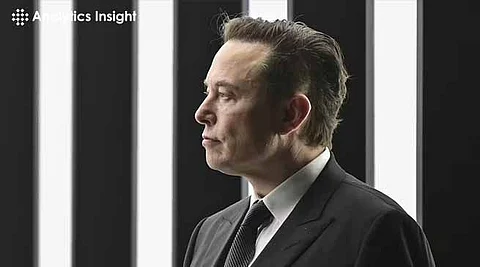

Elon Musk's style of leadership has long been debated. While his big-vision approach and relentless drive have propelled companies like Tesla and SpaceX to success, Musk's undeniably contentious tactics as a leader also raise questions about employee well-being and company culture. Perhaps no better example of those contrasting forces at play is the takeover of Twitter.
Elon Musk has a very demanding and intense management style. He pushes the envelope, laying high expectations on his staff to innovate constantly and be out of their comfort zone. While this style does not doubt bring in results, on the flip side, it has also been criticized as leading to a highly pressurized work environment, harmful to morale and productivity.
Musk's 2022 takeover of Twitter became a lightning rod for controversy centered on his leadership style. A vision, early on, to reshape the platform as a bastion of "free speech" quickly ran afoul of those concerned with misinformation and online safety. Detractors signaled Musk's erratic behavior on the platform itself, including touting conspiracy theories, as reason enough he was unfit to lead a major social media company.
One of the most immediate consequences of Musk's takeover has to do with a mass exodus of Twitter employees. Faced with the ultimatum of either being committed to "working long hours at high intensity" or facing their way out, many simply chose the latter. The decision coincided powerfully with the greater trend of the "Great Resignation," with workers making sure that work-life balance and a positive work environment are given more emphasis than ever. That is, top performers, need constant stimulation fluidity that Musk's rigid no-remote-work and long-hours approach did not allow for if people such as Whitney Johnson are to be believed.
Several business and HR luminaries have their say about Musk's controversial leadership. Scott Galloway, a marketing professor, referred to Musk's Twitter takeover as the "second worst in history" and slammed him for his graciousness and complete disregard for employee welfare. Steve Cadigan, former head of HR at LinkedIn, termed Musk's style of functioning "brutal" and the complete opposite of any culture based on building trust and taking care. Is There a Pattern of Contradictions?
While this might be a formula for success to some, others see here a vein of inconsistencies. As Ramesh Srinivasan, professor of information studies, says, Musk invests in futuristic technologies and at the same time pushes for very retro work practices, like being in the office for a long time. And there is a disconnect that begs questions about Musk's true goals and how far his leadership style can go into the future.
Twitter's future, following Musk's takeover, is still not certain. The criticism by users and advertisers alike, the fact that Musk reinstated previously banned accounts, among them that of former US President Donald Trump, only adds to the controversy. What remains to be seen is flexibility in the leadership style of Musk or whether he will continue as he is doing at the moment.
Elon Musk is a deeply complex leader, often profoundly divisive. There can be little doubt that his vision and drive have fired a revolution of innovation, equally, there can be little doubt that his contentious methods of leadership have aroused grave concerns about employee welfare and corporate culture. The Twitter saga thus carries its warning, a reminder of the perils of that kind of leadership that substitutes raw intensity for human bonding and long-term viability.
